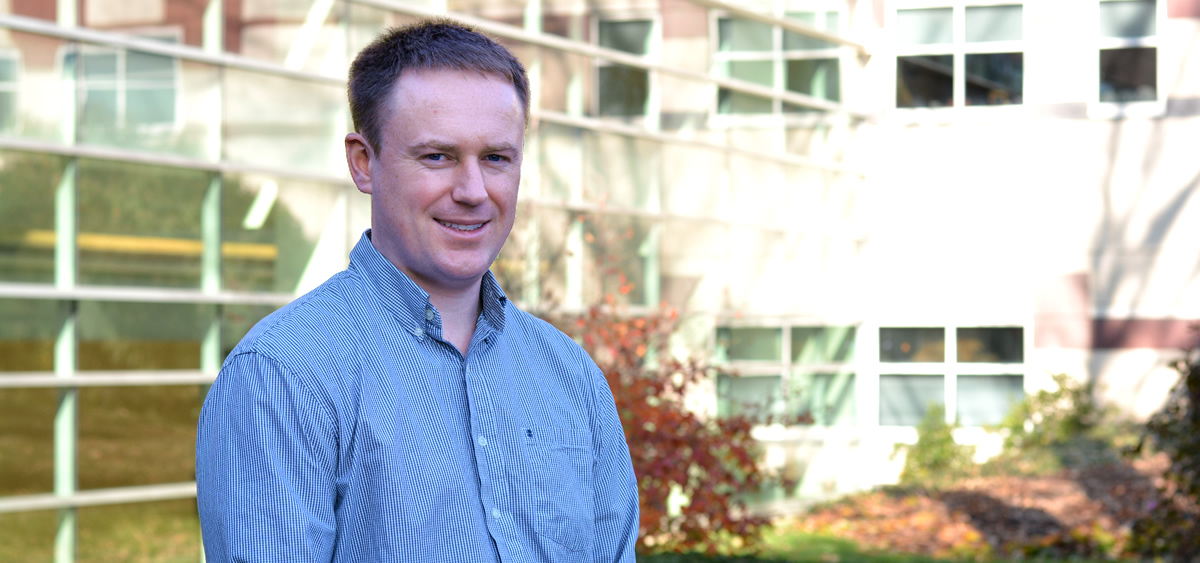
PHILADELPHIA (April 30, 2020)—In a study published today, researchers at Fox Chase Cancer Center were able to determine that the BRCA1 gene has two distinct and equally important functions in the process of DNA repair, a finding which sheds light on the response and resistance of cancers to certain chemotherapies.
In the study, Fox Chase researchers used mice with a mutation in a part of the protein known as the coiled-coil domain. Mice containing this mutation had developmental disorders similar to Fanconi anemia in humans, a rare genetic disease that affects bone marrow function.
Every person has two copies of the BRCA1 gene in their genomes. Healthy individuals have two wild-type copies, whereas those predisposed to cancer can have a mutant and a wild-type copy. Usually, two mutant copies of BRCA1 results in developmental issues.
However, when coiled-coil mutation-containing mice were bred with mice with another distinct type of BRCA1 mutation, the offspring, which contained both mutations, were completely normal. It was a “surprising” finding, said Neil Johnson, PhD, primary author of the study and associate professor in the Molecular Therapeutics Research Program at Fox Chase.
The findings have implications for cancer therapy because drugs known as PARP inhibitors successfully treat BRCA1-mutant breast and ovarian cancers, added Johnson, who conducted the study with researchers from Fox Chase and other centers. “Our work suggests different mutations may disable DNA repair by different mechanisms and could impact response and resistance to PARP inhibitors. There are also implications for Fanconi anemia families in that particular combinations of mutations may affect disease characteristics,” said Johnson.
BRCA1 and BRCA2 are tumor suppressor genes that help repair DNA. Mutations in these genes are the strongest known genetic risk factors for breast and epithelial ovarian cancer. Previous studies suggested that BRCA1 is important for one function, but the new research suggests a more complicated picture.
“We were able to genetically separate the functions of BRCA1 in DNA repair. Through additional molecular biology work we determined that BRCA1 has two equal and distinct functions in the process of homologous recombination DNA repair,” said Johnson. “When both of these activities are in place, homologous recombination can occur efficiently.” Homologous recombination is an essential process for maintaining genetic information and ensuring it is transmitted accurately.
“Next steps would be to determine if allele combinations impact Fanconi anemia disease in patients and if particular mutations might impact how DNA repair is disabled in BRCA1 cancer and response to PARP inhibitors,” said Johnson.
The study, “BRCA1 Mutational Complementation Induces Synthetic Viability,” was published in the journal Molecular Cell.